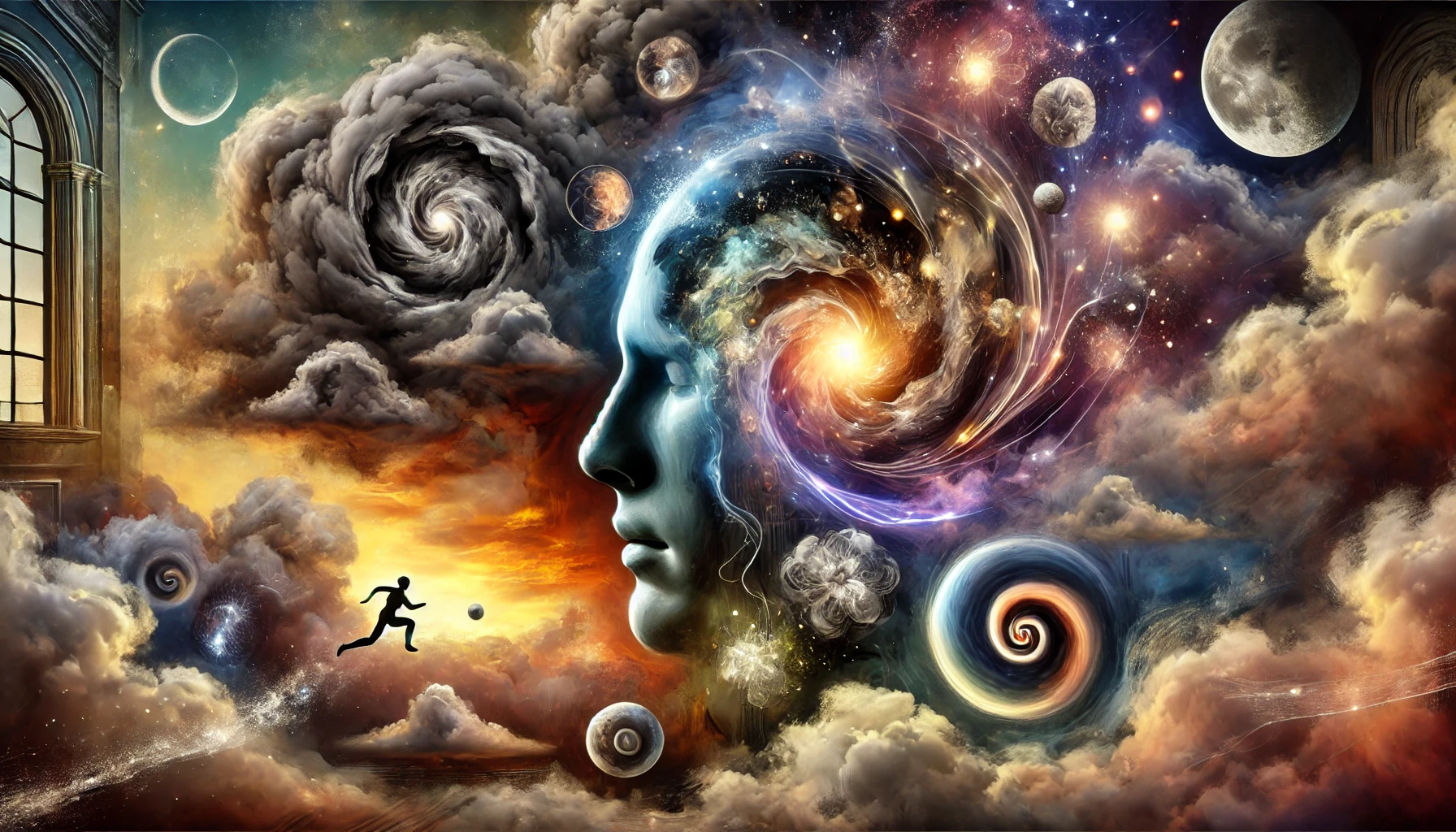Dreams can often be a mysterious and unsettling experience, especially when they evoke intense emotions like anger. But why do we experience anger in dreams, and what are its subconscious triggers? The simple answer is that anger in dreams often stems from unresolved emotions, psychological stress, or repressed feelings that our brain processes while we sleep. These dreams act as a reflection of our inner emotional world, giving us insight into feelings we may not fully acknowledge when we’re awake.
The Role of the Subconscious Mind
Our subconscious mind stores emotions, memories, and thoughts that we are not actively aware of in our waking life. Dreams serve as an emotional release valve, allowing us to process these pent-up feelings. When we experience anger in dreams, it is often a manifestation of stress, frustration, or unresolved conflicts that have not been dealt with consciously.
According to dream researchers, emotions in dreams—including anger—are closely tied to what we’re experiencing in our waking life. Sigmund Freud, a pioneer in dream analysis, suggested that dreams are a “royal road to the unconscious,” helping us explore hidden desires and repressed emotions. Anger in dreams may be a way for our subconscious to express frustration or anger that we suppress during our day-to-day activities.
Unresolved Emotions and Daily Stressors
One of the most common reasons for anger in dreams is unresolved emotional conflicts. If you’ve had a disagreement with someone or faced a stressful situation that was not addressed, your subconscious may replay the scenario during your dream state, amplifying the anger you felt. Dreams can be a safe space where the mind experiments with reactions to these unresolved situations, giving you the opportunity to confront the emotion head-on.
Moreover, high levels of stress from work, relationships, or personal challenges can lead to anger surfacing in dreams. A 2019 study published in the journal Dreaming found that negative emotions, including anger, were more likely to be present in the dreams of individuals under stress. This highlights how our mental state during the day impacts our emotional experiences while asleep.
Psychological Triggers and Suppressed Feelings
Often, anger in dreams can indicate repressed feelings that we may be pushing aside in waking life. People tend to suppress emotions like anger because they can be uncomfortable or socially unacceptable to express. However, the subconscious mind doesn’t let these emotions vanish. Instead, it brings them up in dreams, giving you a window into emotions you might be ignoring or avoiding.
For example, someone who feels powerless or frustrated in their waking life but doesn’t express it might dream of scenarios where they explode with anger. Dreams are a space where the subconscious mind plays out scenarios we may not allow ourselves to experience consciously, whether due to fear of judgment, societal expectations, or internal resistance.
External Factors: Food, Sleep Patterns, and Medication
While emotions are the most common cause of anger in dreams, other external factors can also trigger these intense feelings. Certain medications, especially antidepressants, are known to affect sleep patterns and intensify dreams. Additionally, poor sleep quality or irregular sleep schedules may increase the likelihood of experiencing intense dreams, including those featuring anger.
Diet can also influence dream content. Studies show that eating spicy or heavy foods before bed may lead to more vivid or disturbing dreams, which could include feelings of anger. This happens because certain foods can cause indigestion or disrupt sleep, leading to more fragmented REM sleep—the stage where dreams occur.
Anger as a Reflection of Personal Growth
It’s important to note that anger in dreams isn’t always negative. While uncomfortable, it can serve as a tool for self-awareness and personal growth. These dreams might be highlighting unresolved issues that need your attention or pushing you to confront emotions that you’ve been avoiding. By examining these dreams, you can gain valuable insights into your emotional state and identify areas of your life where you need to make changes.
Jungian psychologist Carl Jung believed that dreams, even those filled with anger or fear, were pathways to achieving a more balanced self. By exploring the meaning behind anger in dreams, we can better understand our subconscious mind and emotional landscape, leading to healthier emotional regulation in our waking life.
How to Address Anger in Dreams
If you find yourself frequently experiencing anger in your dreams, it may be helpful to look at your daily life and emotional health. Keeping a dream journal can be a useful tool to record these dreams and identify patterns or recurring themes. Once you recognize the triggers, you can address these emotions through strategies like meditation, mindfulness, or even therapy.
Additionally, improving your sleep hygiene—by maintaining a regular sleep schedule, creating a calming bedtime routine, and avoiding stimulants before bed—can help reduce the intensity of negative dreams.
Conclusion
In essence, experiencing anger in dreams is a normal part of our emotional processing system. It often reflects unresolved conflicts, suppressed feelings, or daily stressors that we may not be fully conscious of during the day. Dreams provide a unique insight into our subconscious mind, allowing us to explore emotions that we might otherwise ignore. Understanding the triggers and causes behind these dreams can help us address these emotions in a healthy and constructive way, leading to personal growth and emotional well-being.
Ethan Numeros is a distinguished dream analysis expert with a background in Mathematics and Philosophy from Stanford University and specialized training in Dream Analysis. With 15 years in academia, he has authored two acclaimed books and numerous articles, focusing primarily on dream interpretation. Mr. Numeros excels in offering personalized consultations, helping individuals unlock the mysteries of their dreams. His expertise in decoding the psychological aspects of dreams has made him a sought-after figure in the field of dream explanation.
